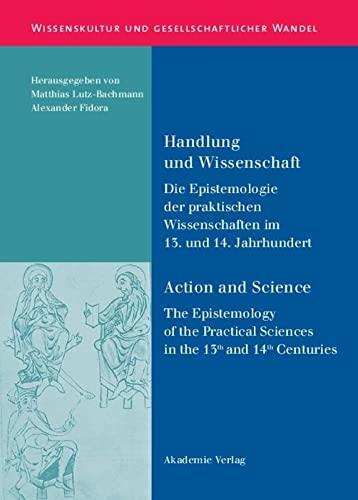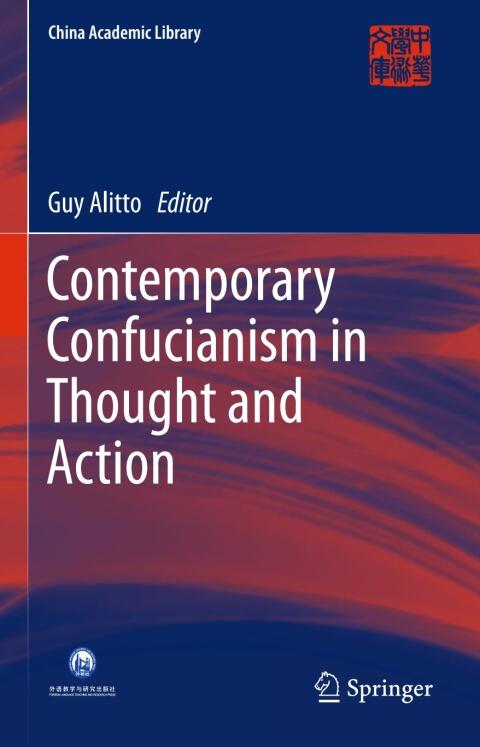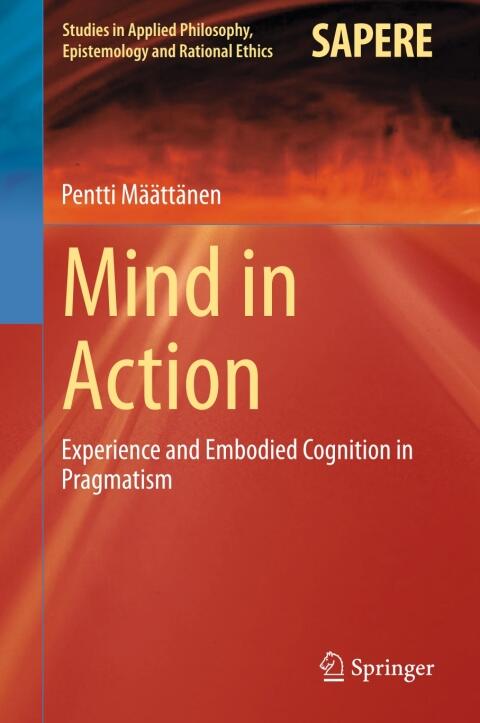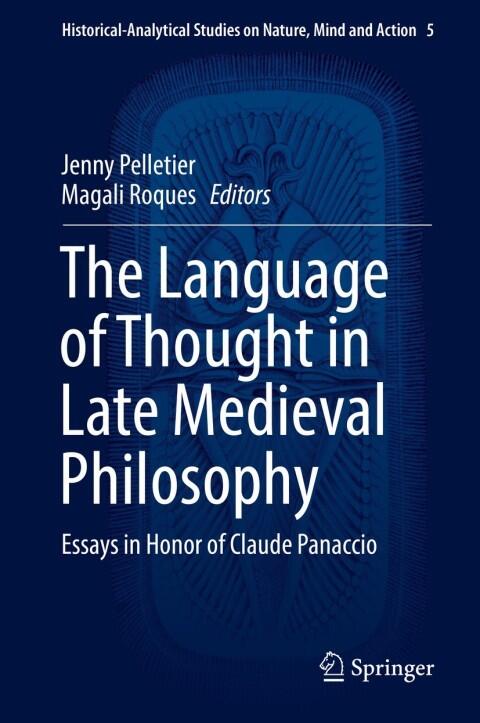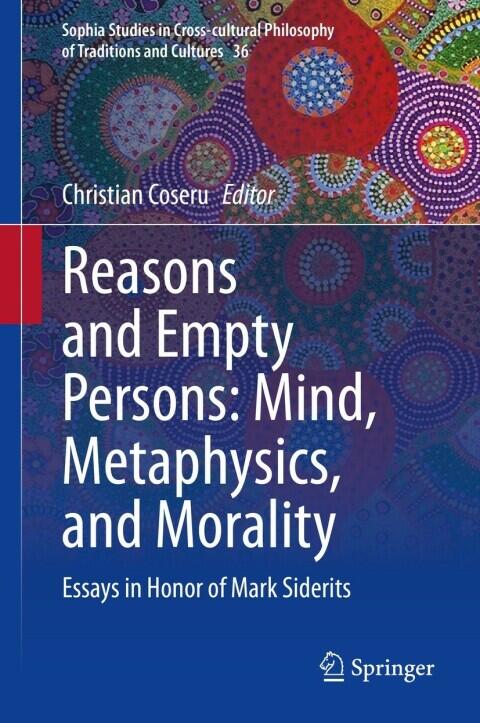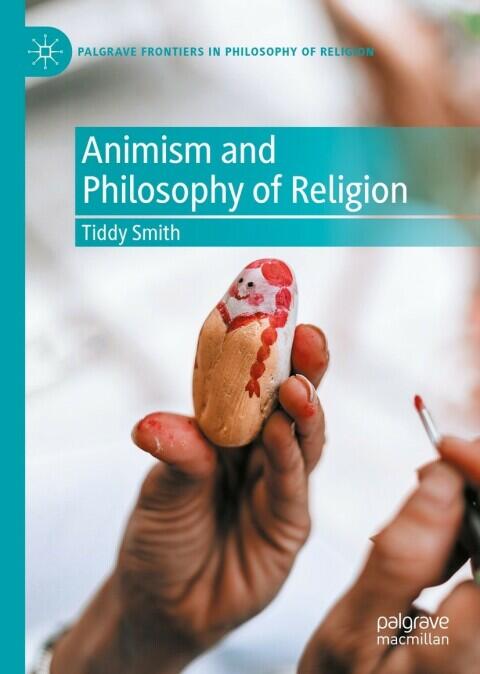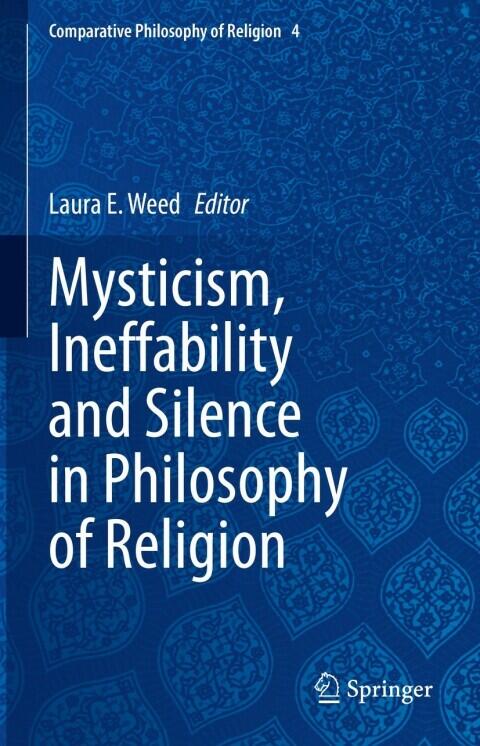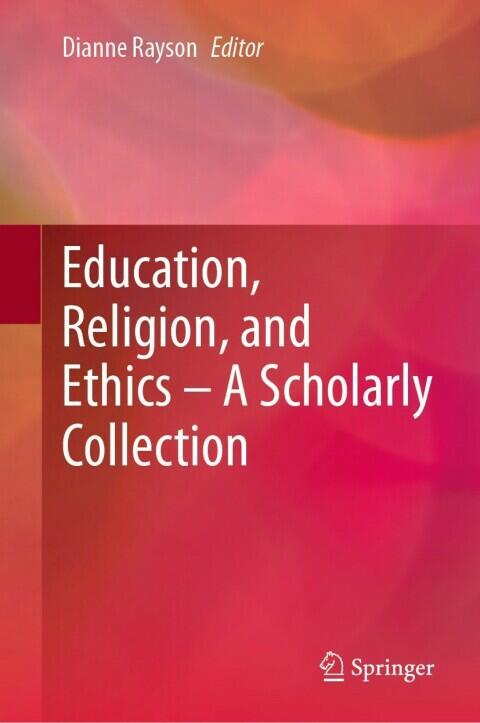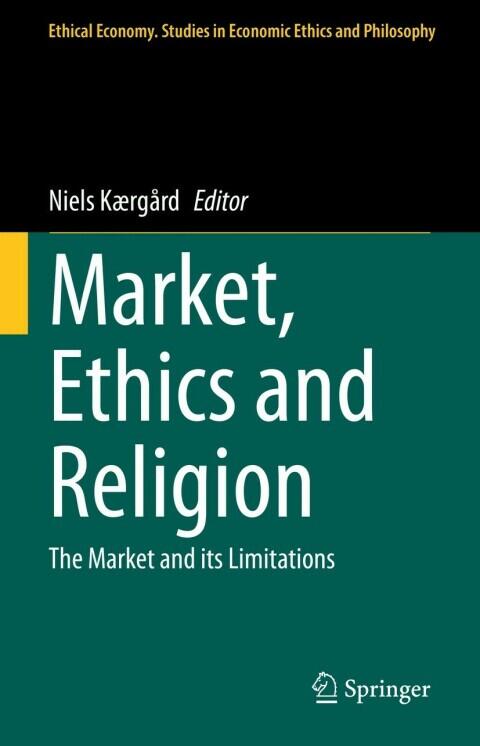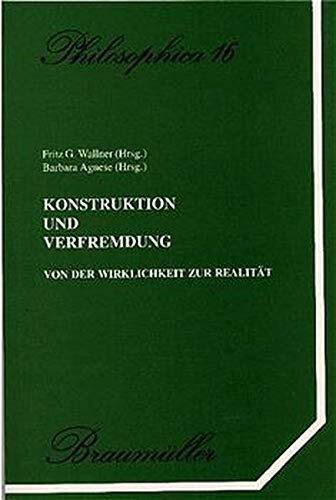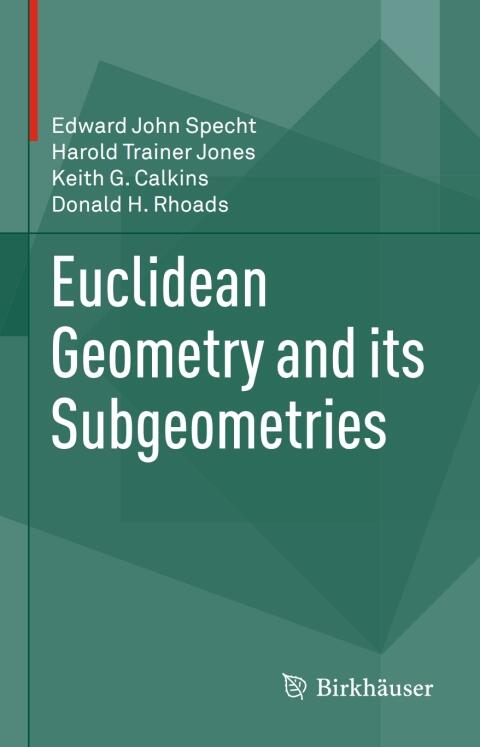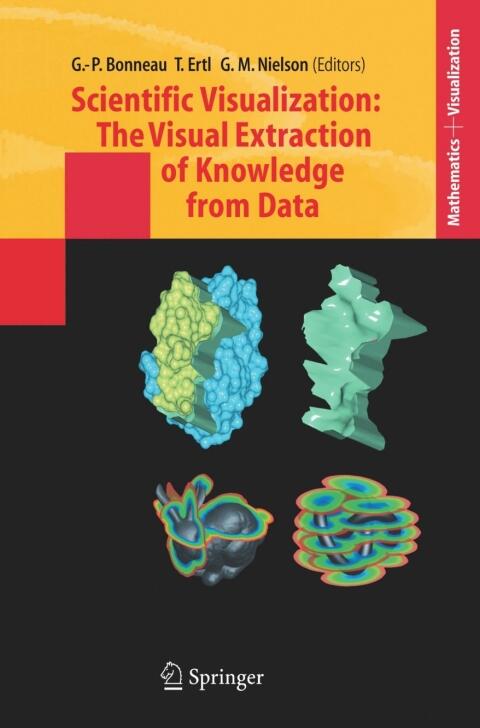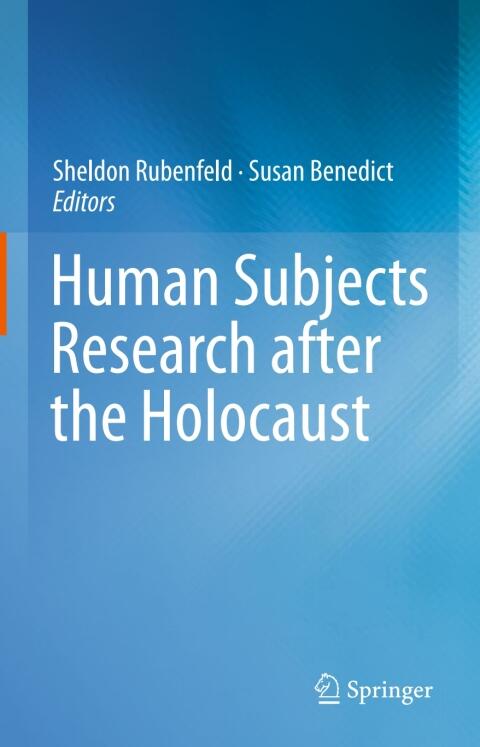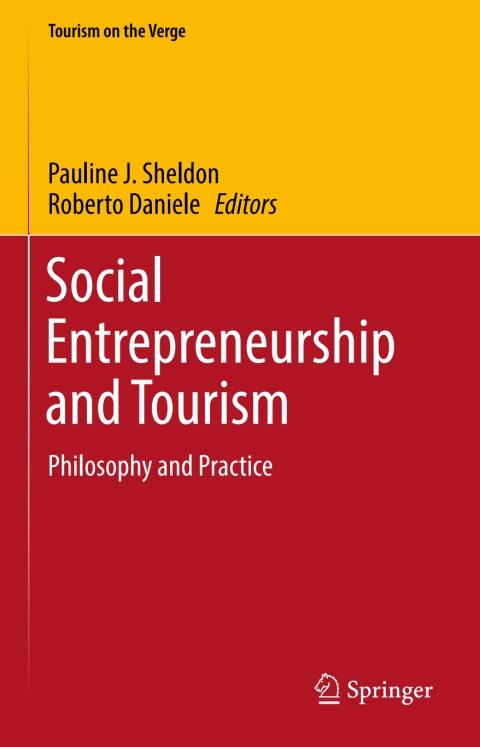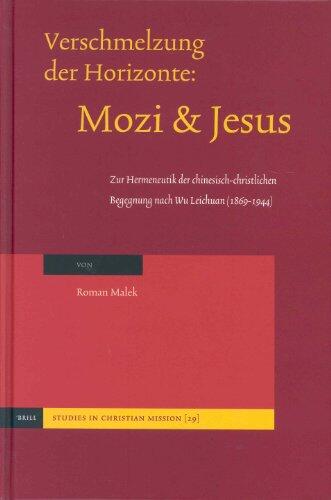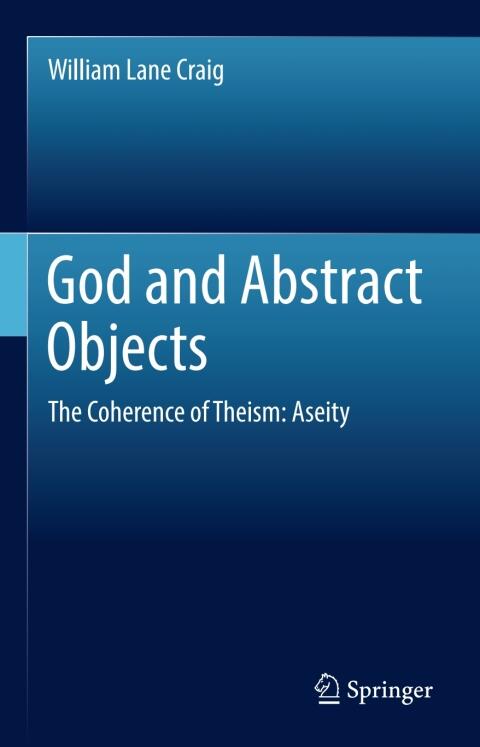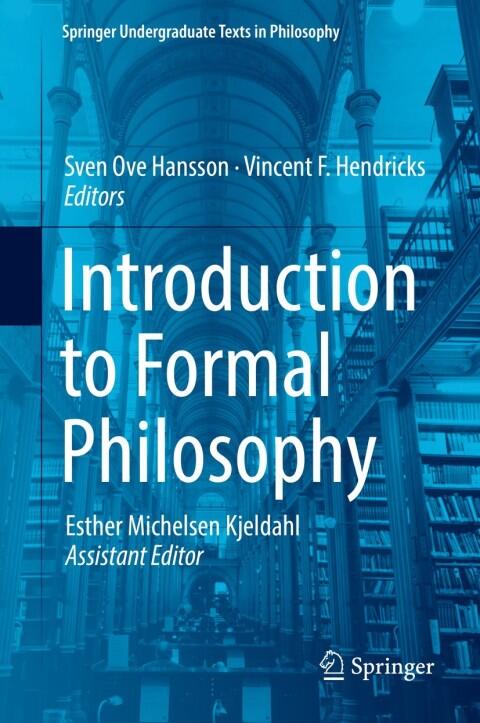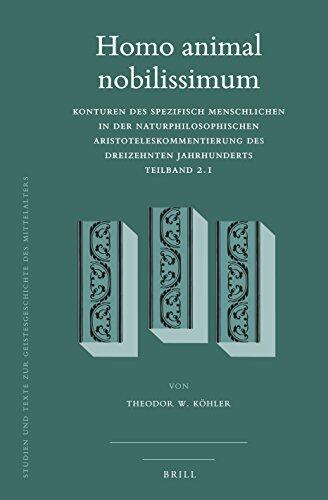
Homo Animal Nobilissimum : Konturen Des Spezifisch Menschlichen in Der Naturphilosophischen Aristoteleskommentierung Des Dreizehnten ... Des Mittelalters
Pas encore d'évaluations
Thriller & Suspense
Action & Adventure
Philosophy
Format
Relié
Pages
2
Langue
Allemand
Publié
Sep 8, 2014
Éditeur
Brill
ISBN-10
9004278303
ISBN-13
9789004278301
Description
Theodor W. Köhler delves into the intricate relationship between humanity and nature in his exploration, focusing on the philosophical viewpoints of Aristotle as interpreted during the medieval period. Through a detailed examination of Aristotelian texts, he presents an enlightening discussion on the unique attributes that distinguish humans from other animals.
Köhler's work is not merely an academic treatise; it showcases the profound ways in which nature and human existence intertwine. He argues that understanding these connections aids in comprehending the essence of human identity within the natural world. By situating Aristotle's insights alongside medieval interpretations, he highlights the evolution of thought regarding human dignity and the concept of nobility among living beings.
The two volumes are rich with historical context, emphasizing shifts in philosophical thought from ancient to medieval times. Köhler's meticulous annotations and analyses invite readers to engage deeply with the text, ensuring that both scholars and those with a casual interest can glean valuable insights.
In a world where the boundaries of human and animal often blur, Köhler's exploration serves as a crucial reminder of the unique responsibilities of humanity toward the ecosystem. It beckons readers to reflect on their place within the larger tapestry of life and the moral implications of that position.
Köhler's work is not merely an academic treatise; it showcases the profound ways in which nature and human existence intertwine. He argues that understanding these connections aids in comprehending the essence of human identity within the natural world. By situating Aristotle's insights alongside medieval interpretations, he highlights the evolution of thought regarding human dignity and the concept of nobility among living beings.
The two volumes are rich with historical context, emphasizing shifts in philosophical thought from ancient to medieval times. Köhler's meticulous annotations and analyses invite readers to engage deeply with the text, ensuring that both scholars and those with a casual interest can glean valuable insights.
In a world where the boundaries of human and animal often blur, Köhler's exploration serves as a crucial reminder of the unique responsibilities of humanity toward the ecosystem. It beckons readers to reflect on their place within the larger tapestry of life and the moral implications of that position.
Avis
Aucun avis pour le moment
Soyez le premier à donner votre avis sur ce livre et partagez vos pensées
Ajouter le premier avisJournal de lecture
Aucun journal de lecture trouvé
Commencez à suivre vos progrès de lecture pour voir les journaux ici
Ajoutez votre premier journal de lectureNotes
Journal des transactions
Aucun journal de transactions trouvé
Commencez à suivre vos transactions de livres pour voir les journaux ici
Ajoutez votre premier journal de transactions